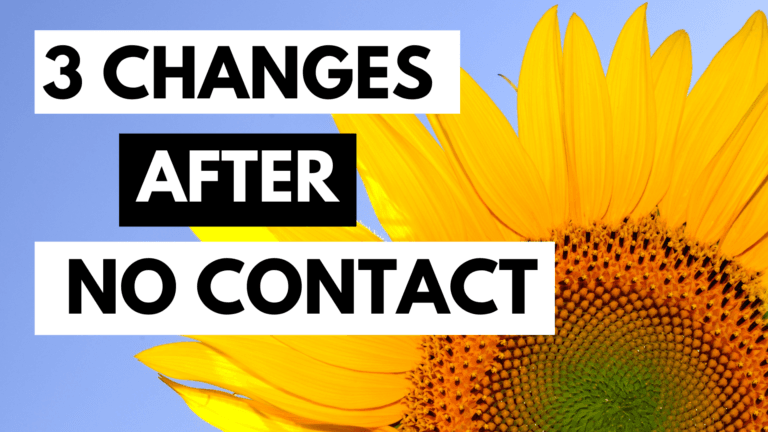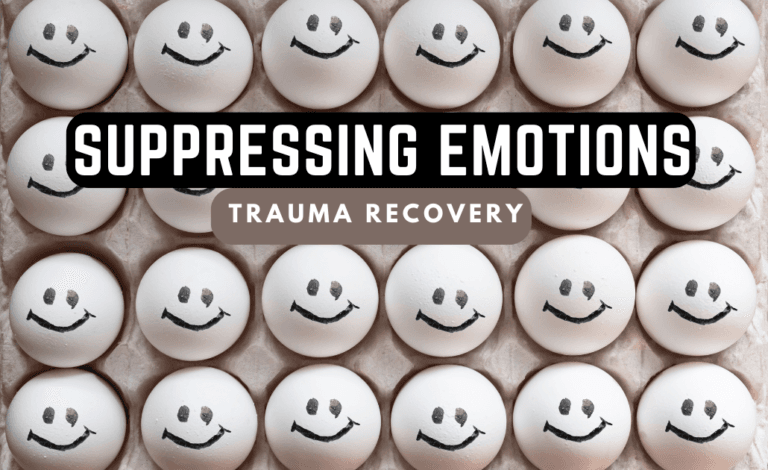Is Empathy Dying? 5 Ways We Will Explore the Erosion of Compassion in Society
Is Empathy Dying?
Empathy, the ability to understand and share the feelings of another, has long been considered a cornerstone of a harmonious society. However, there is growing concern that empathy is on the decline, leaving us to question whether society is becoming more callous.
This article explores the potential reasons behind this trend, the importance of empathy, and how to detect fake empathy to avoid being misled..
The Decline of Empathy: Are We Becoming More Callous?
Recent studies and observations suggest that people are becoming less empathetic. Factors contributing to this decline may include:
Digital Communication: The rise of social media and digital communication has changed how we interact. While these platforms connect us, they can also create distance. Online interactions often lack the depth of face-to-face communication, making it easier to ignore or misunderstand others’ feelings.
Cultural Shifts: Modern society often emphasizes individual success and competition over community and cooperation. This shift can lead to a focus on personal achievements at the expense of caring for others.
Exposure to Overwhelming Information: With constant access to global news and social media, people are bombarded with information about suffering and injustice. This can lead to emotional fatigue and a decreased ability to empathize, as individuals become desensitized to others’ pain.
Economic Pressures: In times of economic uncertainty, people may prioritize their own needs and survival over helping others. This focus on self-preservation can diminish empathy.
The Importance of Empathy
Despite these challenges, empathy remains crucial for a functioning society. Empathy fosters connection, understanding, and cooperation, which are essential for resolving conflicts and building strong communities. Here are some positive benefits of empathy:
Improved Relationships: Empathy strengthens relationships by fostering trust and understanding. When people feel heard and understood, they are more likely to form strong, positive bonds.
Conflict Resolution: Empathy helps resolve conflicts by allowing individuals to see issues from others’ perspectives. This understanding can lead to more compassionate and effective solutions.
Mental Health: Empathy contributes to mental well-being by promoting a sense of belonging and reducing feelings of isolation.
Social Harmony: Empathetic societies tend to be more cohesive and cooperative, leading to greater social stability and progress.
Detecting Fake Empathy: A Cautionary Note
While genuine empathy is beneficial, it is important to be wary of fake empathy. Some individuals may use empathy as a tool to manipulate or deceive others. Our article on “84 Ways to Detect Fake Empathy” provides detailed insights into identifying insincere empathetic behaviors and so much more.
Here are a few additional key points to consider:
Inconsistency: Genuine empathy is consistent over time. If someone shows empathy sporadically or only when it benefits them, it may be fake.
Lack of Action: True empathy often leads to action. If someone expresses understanding but never follows through with supportive actions, their empathy may be insincere.
Self-Centered Responses: Fake empathy can sometimes be identified by responses that shift the focus back to the individual, rather than addressing the other person’s needs and feelings.
Balancing Empathy: The Risks of Over-Empathy
While empathy is generally positive, being overly empathetic can have its downsides. Over-empathy can lead to emotional burnout, where individuals become so overwhelmed by others’ emotions that they neglect their own well-being. It’s important to balance empathy with self-care to maintain healthy relationships and personal mental health.
The potential decline of empathy in society is a concerning trend with significant implications. Understanding the reasons behind this decline, recognizing the importance of genuine empathy, and being cautious of fake empathy are crucial steps in addressing this issue. By fostering real connections and promoting empathetic behaviors, we can work towards a more compassionate and understanding society.
- Have you noticed a change in how empathetic people around you are? What do you think are the main reasons for this change? Drop a comment and share your thoughts.







